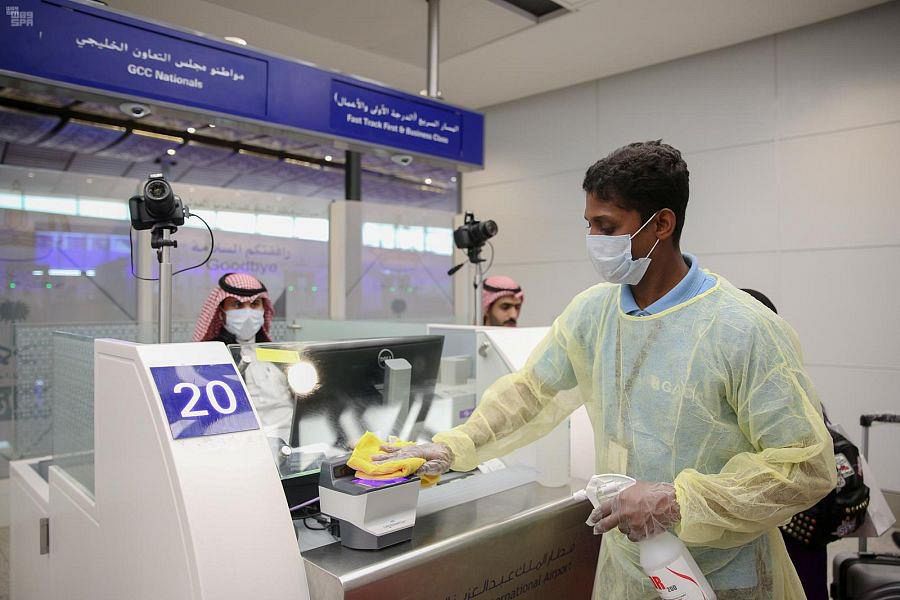
A news item, a video or a photo with a caption is circulated among WhatsApp groups or Twitter or Facebook about the death of a prominent figure or a disturbing incident or riot or the spread of some disease. A myriad of such content comes to our attention every day, causing fear, tension and anger. Most often, it turns out to be fake, yet it continues to be circulated and, unfortunately, believed. Some are political in nature, others are just malicious. Even the most intelligent, well-informed and skeptical people can fall prey to distorted, manipulative news.
We are constantly bombarded with information. The stream of media content we receive every second on our electronic devices, email accounts and social media is overwhelming. It affects us physically, mentally and emotionally in an exhilarating roller coaster that impacts our reactions, perceptions and relationships.
About 60 percent of the global population uses the internet, especially the youth, with more than 70 percent of the world’s young people online. However, we are negligent about offering wide-scale and sustainable media and information literacy training for all. The spread of online and offline disinformation and misinformation, conspiracy theories, hate speech and the misuse of social media should make us more attentive and responsible in facing this threat.
The intense, deliberate and highly professional disruptive content has progressively eroded trust in governments and the media in recent years. However, studies suggest that, where citizens are exposed to media and information literacy at a policy level, they have a higher capacity of resilience to disinformation. We need policies and programs at organizational, institutional, national and regional levels that enhance the capacities of people to think critically and effectively engage with information and content, and ensure equitable access to quality information.
The ability to evaluate the accuracy and truthfulness of information, to search for and find information from reliable and credible sources, and organize and use information in an ethical, responsible way have become important skills. Commendable efforts by public and private institutions are conducted to raise awareness about scams and phishing attempts to access our bank accounts or hackers trying to steal our digital information. Similar efforts are also necessary to raise awareness about misinformation (false or inaccurate information) and disinformation (intentionally making and misstating facts) because it affects our well-being, safety and security. Disinformation can lead to chaos, instability and violence.
We are negligent about offering wide-scale and sustainable media and information literacy training for all.
Maha Akeel
Misinformation and disinformation have become a very serious problem, as was evident, for example, during the COVID-19 pandemic. They are also evident in election campaigns, conflicts and even development programs and projects where there is a deliberate attempt to disrupt, undermine and derail.
The UN General Assembly in 2012 unanimously adopted a resolution proclaiming a Global Media and Information Literacy Week from Oct. 24-31 every year. Although the occasion has been commemorated around the world, it is not as widely recognized in the Middle East, even though this region witnesses a high rate of misinformation and disinformation. The occasion came and passed last month, as every year, without noticeable initiatives by media and education institutions or regional and international organizations.
There is a need to include this skill in school curricula at all levels, hold workshops and lectures, organize public campaigns to build the capacity of the public to critically read and think about the information they receive, and restore trust in credible sources and reliable journalism. As the traditional media is being challenged by social media and is, unfortunately, losing the fight, it needs to exert extra effort to play its role in providing quality information, filtering, checking and analyzing the facts and debunking false information.
Our children and youth are spending hours of their day on their electronic gadgets being influenced by content that might be dangerous and harmful, including hate speech and extremist ideology. While policies are targeted to regulate and control social media providers, it is also important to raise awareness and build the capacity of the receivers to distinguish between good and bad content. Media and dialogue forums and conferences that address promoting tolerance should include in their agenda enhancing the knowledge and capacity of children and youth in terms of media and information literacy, so that they are better able not only to recognize and dismiss misleading and false information but also to create and develop quality content.
Before you click, before you share, think and do not be a part of the spread of false information. Simply writing “as received” does not absolve you from responsibility.
Maha Akeel is a Saudi writer based in Jeddah. Twitter: @MahaAkeel1









